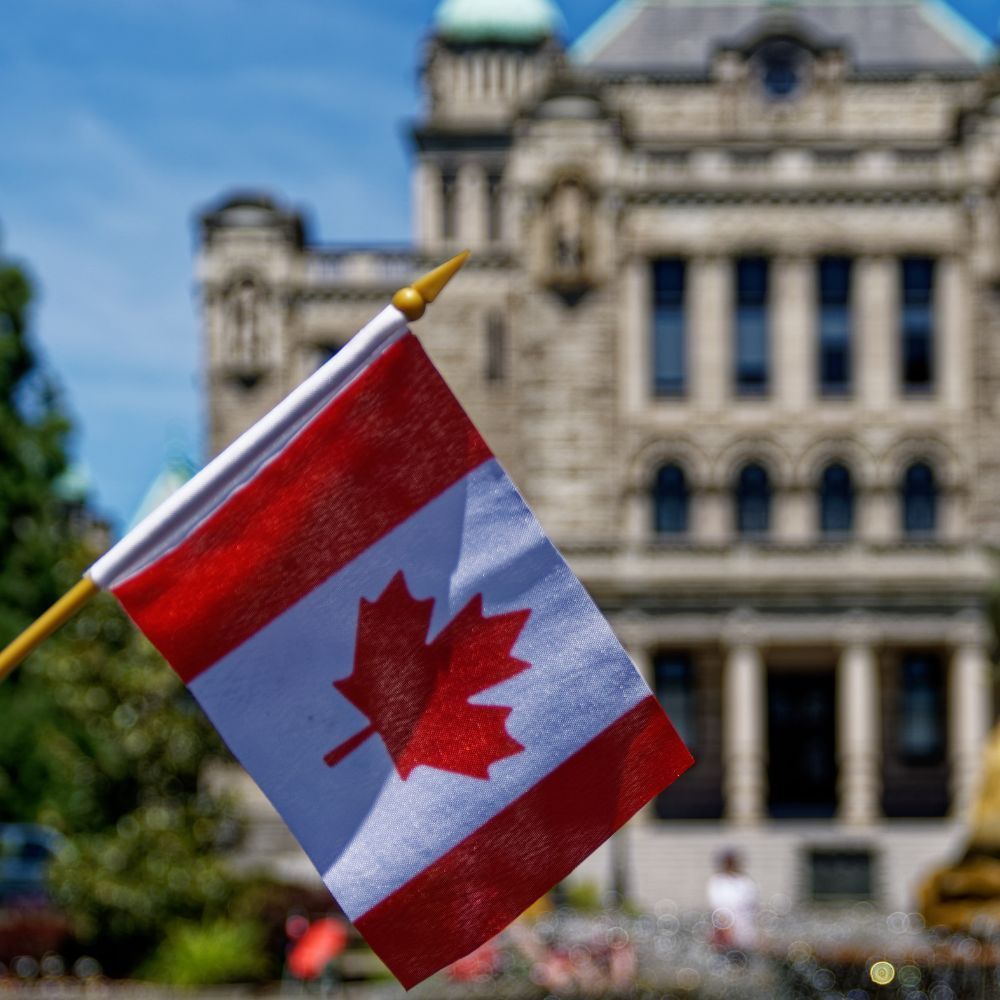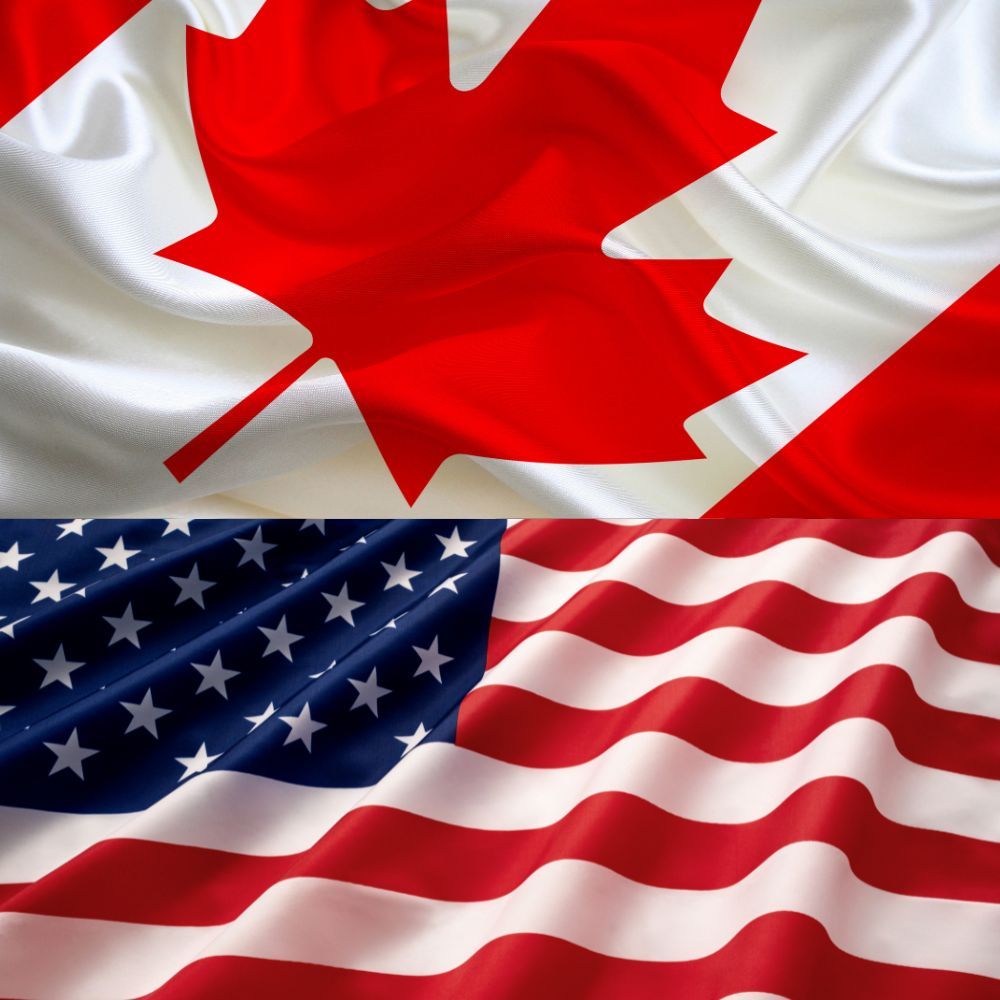Can a Government review of CBC mandate save English TV so it matters to us again?
CBC English TV mattered a lot to anyone alive in the sixties and seventies when comedy programs like Wayne and Shuster were must watches in households in Canada and on the Ed Sullivan program in the US. The 11:00 pm news anchored by hosts like Eral Cameron and Stanley Burke dominated the airwaves. The seventies brought the popular The Beachcombers which enjoyed a lifetime of heavily watched 350 episodes. No longer.

CBC TV seems to enjoy the same much diminished popularity as its chief benefactor, the Prime Minister Justin Trudeau, who drastically increased CBC’s government funding now at $1.3 billion a year. Viewing numbers for English TV are grim. In the last five years, its prime time viewing audience dropped to only 4.4% meaning most Canadians don’t tune in at all. Pierre Poilievre hits a nerve when he promises to defund CBC English. Some ask if it is beyond saving.
CBC does have strengths. It knows how to do popular and high-quality radio and the results speak for themselves - English radio has 14.1 per
cent of Canadians listening with CBC morning radio is regularly at or near the top of their markets: CBC Toronto enjoys a 12.3 per cent; Montreal, 14.9 per cent; and Vancouver, 10.9 per cent. How can TV too find a way to produce quality programming that people want to watch?
Political Will
With Olivier threatening its very existence, it has now dawned on the government in the form of its Heritage Minister Pascale St. Onge who in a New Year’s interview said now’s the time for the Liberal government to begin working with Canadians and experts to define what the CBC should like over the next year and decade. “Canada’s news and cultural sectors would be at serious risk should the Conservatives form government under leader Pierre Poilievre,” she said. “(Conservatives) have shown they think that the arts and cultural sector should be left to the free market… “ And we know that with foreign companies and foreign entities that take so much space online, it means that we would basically abandon our cultural sector in Canada.” Now a relevant CBC English is a political issue.
It is interesting that St. Onge’s preoccupation with preserving a strong Canadian presence amidst the deluge of high quality largely US movies and programs on streaming services echoes the 1928 Air Commission’s findings that led to the CBC’s creation. Then private Canadian radio stations were not only beginning to fall into American hands but were unable to offer a popular Canadian alternative to programming that was flooding across the border from the US. We face a similar situation today. With the added challenge that a well-funded CBC English service with the exception of radio seems challenged to make high quality programs that appeal to Canadians.
It’s not that in the not-too-distant past CBC has proven it could to just that. Programs like Little Mosque on the Prairie, Kim’s Convenience and
especially Schitt’s Creek have been huge successes with audiences here and in the US as well as breaking new ground in the way only the CBC
can.
More funding not less?
However, if CBC is to retain its very broad mandate of virtually being everything to everyone - i.e. its age-old mission to “inform, enlighten and entertain” as well as maintaining French services across Canada, a northern service with indigenous languages, five discretionary television channels and four Canada-wide radio networks, it is going to require more public funding not less. This need falls precisely at the time CBC is in dire financial troubles with a $125 million budget shortfall. This forced a recent announcement of a 10 per cent cut in its workforce and a reduction of its English and French programming budgets for the next fiscal year. About $40 million was cut from independent production commissions and program acquisitions. CBC programming will take a $25 million hit and Radio-Canada will see a $15 million reduction.
It’s well known that CBC Radio Canada’s programming is hugely well received in Quebec – it does not have a popularity problem. Perhaps
this is due to a little-known imbalance in funding between the two networks, English and French. Richard Stursberg, who was the executive vice president of English Services from 2004 to 2010, wrote revealingly last March in the HUB: “Given that Canada’s population is roughly 38 million people, {this means that the} 8 million French- speaking Canadians receive a per capita public broadcasting subsidy of almost 70 dollars, while the rest of the country receives 23 dollars. In effect, this makes Radio-Canada one of the better-financed public broadcasters in the world and CBC one of the worst”. Follow the money but given Quebec’s cultural sensitivities, no federal government would dare change this unfair formula.
Digital CBC
Canadians are increasingly choosing digital platforms for their viewing and listening needs, and CBC English cannot be faulted for not keeping
up with the digital and streaming revolution. Its long-established digital news service performs amazingly at times of enhanced national news
interest such as elections. At the last CRTC CBC hearing the Commission recognized, for the first time ever, the significant contribution of our
digital streaming services – CBC Gem, ICI TOU.TV, CBC Listen and Radio- Canada OHdio – to the Canadian regulated system. More streaming
services are coming: the 24/7 streaming channels CBC Comedy and CBC News BC will land this fall, following last November’s launch of CBC News Explore, and will be followed by more local news channels. Indeed, CBC in this department seems prepared for the future.
The CBC has proven that it can do what no commercial network could and attract huge audiences when it behaves as a true Canadian public
broadcaster. The huge production with both English and French networks Canada: A People's History with 17- fully produced episode, on the history of Canada attracted an audience in its first seasons of over two million per episode and still enjoys an impressive afterlife in school use. This is the kind of ambitious Canadian project could win the hearts and minds of Canadians again.
There is general agreement that CBC TV English News - its unrivalled reach and staff including the almost the only Canadian international correspondents - should be the go-to news service for Canadians. It is not, and if it was there would be less talk of defunding CBC English. The CBC ombudsman in the most recent CBC Annual Report shone a revealing light on a tone in CBC news that turns off many Canadians. Here is his finding: “The prevailing theme of complaints is that reporters and editors are not making editorial decisions based on public interest, but rather to serve a social or political agenda. This comes up frequently in stories relating to the pandemic. But it comes up as well for stories that relate to partisan politics, race, gender, and other subjects related to equity and justice.” Clearly there are major changes needed to bring audiences back to CBC TV news.
What kind of review will fix it?
The question remains – can some sort of yet to be defined CBC “review” as foreseen by the Heritage Minister save CBC English. Bringing back lost audiences to CBC English productions and CBC news is a huge challenge given budget cuts and strong ongoing US streaming competition. But It’s not impossible. We also need public pressure to lobby for the importance of the CBC as a national cultural and information institution. This is a challenge. Unfortunately, there is no longer a robust Friends of Canadian Broadcasting which in the past when CBC faced drastic budget cuts mounted national campaigns supported by labour unions. The historic arguments for public broadcasting are very relevant today. Graham Spry of the Canadian Radio League which was responsible for the launch public of broadcasting under PM R.B. Bennet’s Conservative government are still pertinent: "It is a choice between commercial interests and the people's interest. It is a choice between the state and the United States," Spry said. The same argument works today. The Canadian public interest, particularly the interest of millions of new Canadians welcomed in the last decades is the same: who will tell our stories and explain what is happening in our country? Will US streaming services or mega US social networks increase our knowledge of ourselves and tell our stories.. Unlikely. That is why we will always need the CBC – it’s that simple. At least the federal government understands this. Hopefully a review, faced with the Conservative threat to the CBC, will continue to lead it to strategies that will make it more indispensable to Canadian audiences.
Patrick Gossage Insider Political Views




